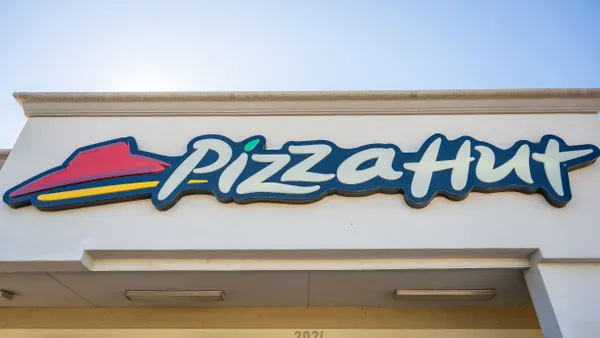Providing security for employees is a fundamental goal for an HR manager. But how far does that obligation extend? You may have security measures in place like access control, video surveillance and possibly even on-premise guards to help keep your workplace free of potentially dangerous individuals, but what about coronavirus? How do you address workplace security during a contagion? Even further, how do you ensure the ongoing security of a potentially empty space while working remotely?
Security Challenges from Covid-19
Last month, workplace managers grappled with preventing coronavirus spread in their offices. Additionally, once a case was identified, managers scrambled to trace the path of infected individuals to identify what floors they visited internally and who they may have encountered. Now their focus has shifted – these same managers face new challenges with maintaining on-premise security of empty workplaces while the workforce is remote.
Is there an access control system that can enable an HR manager to handle these security tasks efficiently and cost effectively? This crisis reveals adverse situations requiring a more robust approach to security than the typical office manager is prepared to handle – mandating a level of expertise best provided by external professionals.
The Case for Remotely Managed Security – Access Control as a Service
“Managed Security” describes a business relationship where a dedicated security provider runs the entire security operation for a client as a long-term service, typically as a subscription.
Similar to a SaaS provider for an online HR Management platform, an “Access Control as a Service” (ACaaS) company provides security software and monitoring remotely, in “the cloud“, so that the client is free from the critical, often tedious requirements of running their own platform. These tasks include software installations and updates, on-site data storage, real-time monitoring and hardware maintenance. In the managed model, it’s all run remotely, operated 24/7 by dedicated security experts allowing the business to focus on their core business.
This outsourced remote management of security is well-suited in the era of coronavirus response and work-from home. Businesses who had managed security in place, already had their property “guarded” around the clock with no engagement on-premise, before the pandemic made it crucial.
Kastle Systems pioneered the outsourced physical security approach decades ago in the Washington DC region in response to demands from commercial real estate firms looking for a way to source their needs to dedicated experts.
Integrated Identity Management’s Role in Limiting Contagion
A key Kastle innovation is the ability to integrate their cloud -based back office with the HRIS/IT database staff directories of their individual clients – syncing identity management of employees and their physical access privileges. With a cloud-based platform, HR staff can manage employee access rights from anywhere, even across multiple offices with a single credential, while also tracking activity for personnel remotely.
Should an employee or visitor be later diagnosed with COVID-19, businesses can run audits of access history to determine when the infected individual entered a location and who was there concurrently, invaluable insight to help limit the disease’s spread. The ability to parse control data in the cloud and effectively trace presence, provides a whole new level of digital forensics to aid prevention.
A regrettable related circumstance that will make this integration of cloud-based access control and identity management more crucial for HR professionals is an anticipated increase in staff reductions. Economic uncertainty is forcing businesses to consider downsizing and when these plans are executed, HR leaders benefit from immediate (and remote) revocation of access rights as impacted individuals are removed from an HR system. This automated security step, helps mitigate potential workplace violence issues from disgruntled employees.
Cloud-Based Access Control in a Remote Working World
As businesses mandate work-from-home policies to combat COVID 19, managers are faced with an odd duality – ensuring that only authorized personnel are entering their space, but also that users are complying with mandated shelter in place orders by staying at home. In some cases, they may need to deny access rights to limit employee behavior. Only when access control is cloud-based and integrated with HR identity management is this possible.
More broadly, organizations may need to modify door schedules and access policies universally, such as allowing mail and package deliveries during limited hours, or only opening doors for authorized maintenance personnel needing temporary admittance. In other cases, a manager may need to eliminate access to shared spaces like fitness centers or meeting rooms. Cloud-based access control makes this easy.
Managed Security Maintains Expert Surveillance Coverage
Even businesses who have on-premise dedicated security staff can benefit from cloud-based managed security because remote monitoring remains operational even when a region is under lock-down. Security staff who are required to remain working on-site during a public lock-down are concerned for their own health and need to be at home with their families. The expertise of a managed security provider in a remote security operations center (SOC) can provide coverage should on-site personnel need relief.
These are challenging times which have rapidly changed our work paradigms. The new environment is shedding further light on the value of cloud-based security systems run by experts to allow visibility and control from anywhere.










